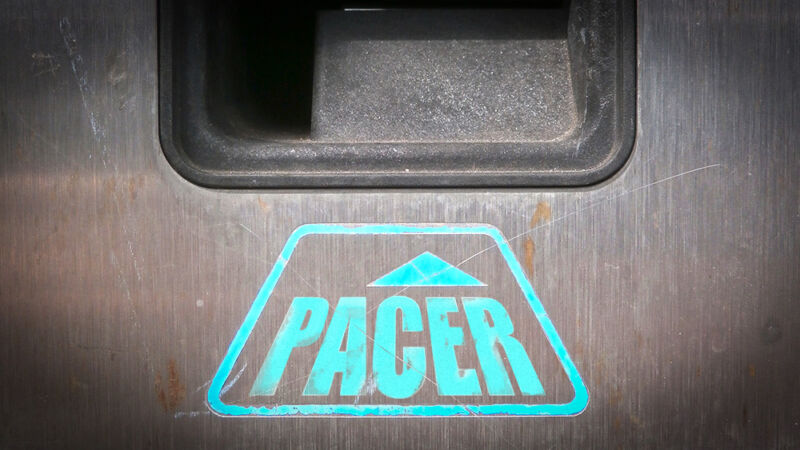
Enlarge (credit: Aurich Lawson / Getty Images)
A federal appeals court has ruled that the federal judiciary has been overcharging thousands of users for access to public court records. PACER, short for Public Access to Court Electronic Records, is an online system that allows members of the public (including Ars Technica reporters) to download documents related to almost any federal court case. For PDF documents, the site charges 10 cents per page—a figure far above the costs of running the system.
In 2016, three nonprofit organizations sued the judiciary itself over the issue. The class action lawsuit, filed on behalf of almost everyone who pays PACER fees, argued that the courts were only allowed to charge enough to offset the costs of running PACER. Over the last 15 years, as storage and bandwidth costs fell, the courts actually raised PACER fees from 7 cents to 10 cents. The courts used the extra profits to pay for other projects, like installing speakers and displays in courtrooms.
The plaintiffs argued that the courts were only allowed to charge the marginal cost of running PACER—which would be a fraction of the current fees. The government claimed that the law gave the courts broad discretion to decide how much to charge and how to use the money. In a 2018 ruling, a trial court judge charted a middle course. She ruled that some uses of PACER fees had exceeded Congress's mandates. But she didn't go as far as plaintiffs wanted by limiting spending to the operation of the PACER system itself.
No comments:
Post a Comment